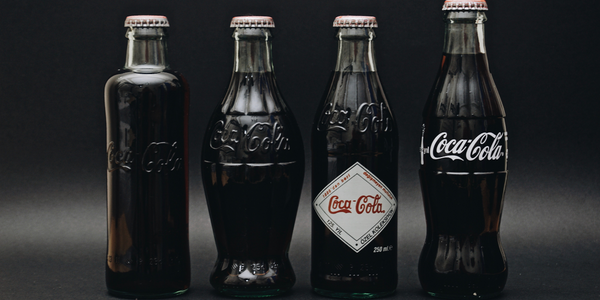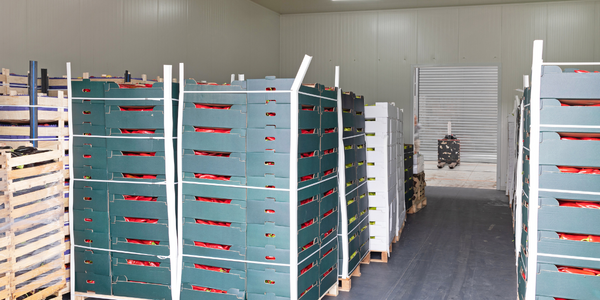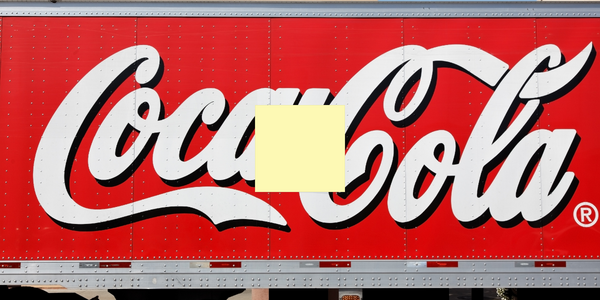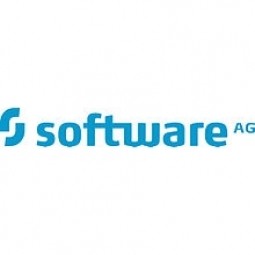下载PDF
Crossing Borders For Success In The Food Industry
技术
- 应用基础设施与中间件 - API 集成与管理
- 平台即服务 (PaaS) - 应用开发平台
适用行业
- 食品与饮料
适用功能
- 离散制造
- 商业运营
用例
- 过程控制与优化
- 供应链可见性(SCV)
服务
- 系统集成
- 软件设计与工程服务
挑战
After the sale of Findus to EQT Scandinavia, the company realized that a common business and IT platform was required. The IT environment was focused on local operations rather than European operations. Each country worked in a different way. There was a lack of policies and procedures and lack of coordination between different sites – there was no overall IT business model. A platform that could adjust to the constant change the company experienced was needed.
关于客户
Findus is a leading international frozen food brand that develops, produces and markets a complete range of frozen food products. The company has presence in Norway, Sweden, Finland, UK, France, Spain, Germany, Denmark, Thailand and Australia. In 1941, Marabou, a Swedish confectionary company acquired Findus. In 1962, Marabou sold the Findus business to Nestlé, and it remained under Nestlé ownership until January 2000, when it was sold to EQT Scandinavia BV.
解决方案
One of the key components in the suggested IT strategy was the integration of various applications and business processes across all countries and departments. The IT services and consulting company, Capgemini, helped to deal with this task, which included evaluation and selection of a tool. This resulted in the selection of the webMethods Integration Platform, which was implemented as the central hub for all the applications and systems in Findus. As a part of the project, Findus replaced a number of country-specific SAP applications with SAP EBT (the SAP European Base Template). APS (Advanced Planning System from SCT) has replaced a number of country-specific applications as well. Two master databases have also been built by Capgemini Ernst & Young. One is used for globalization of material data; the second is used for metadata and cross-references.
运营影响
相关案例.

Case Study
The Kellogg Company
Kellogg keeps a close eye on its trade spend, analyzing large volumes of data and running complex simulations to predict which promotional activities will be the most effective. Kellogg needed to decrease the trade spend but its traditional relational database on premises could not keep up with the pace of demand.

Case Study
HEINEKEN Uses the Cloud to Reach 10.5 Million Consumers
For 2012 campaign, the Bond promotion, it planned to launch the campaign at the same time everywhere on the planet. That created unprecedented challenges for HEINEKEN—nowhere more so than in its technology operation. The primary digital content for the campaign was a 100-megabyte movie that had to play flawlessly for millions of viewers worldwide. After all, Bond never fails. No one was going to tolerate a technology failure that might bruise his brand.Previously, HEINEKEN had supported digital media at its outsourced datacenter. But that datacenter lacked the computing resources HEINEKEN needed, and building them—especially to support peak traffic that would total millions of simultaneous hits—would have been both time-consuming and expensive. Nor would it have provided the geographic reach that HEINEKEN needed to minimize latency worldwide.

Case Study
Energy Management System at Sugar Industry
The company wanted to use the information from the system to claim under the renewable energy certificate scheme. The benefit to the company under the renewable energy certificates is Rs 75 million a year. To enable the above, an end-to-end solution for load monitoring, consumption monitoring, online data monitoring, automatic meter data acquisition which can be exported to SAP and other applications is required.

Case Study
Coca Cola Swaziland Conco Case Study
Coco Cola Swaziland, South Africa would like to find a solution that would enable the following results: - Reduce energy consumption by 20% in one year. - Formulate a series of strategic initiatives that would enlist the commitment of corporate management and create employee awareness while helping meet departmental targets and investing in tools that assist with energy management. - Formulate a series of tactical initiatives that would optimize energy usage on the shop floor. These would include charging forklifts and running cold rooms only during off-peak periods, running the dust extractors only during working hours and basing lights and air-conditioning on someone’s presence. - Increase visibility into the factory and other processes. - Enable limited, non-intrusive control functions for certain processes.

Case Study
Temperature Monitoring for Restaurant Food Storage
When it came to implementing a solution, Mr. Nesbitt had an idea of what functionality that he wanted. Although not mandated by Health Canada, Mr. Nesbitt wanted to ensure quality control issues met the highest possible standards as part of his commitment to top-of-class food services. This wish list included an easy-to use temperature-monitoring system that could provide a visible display of the temperatures of all of his refrigerators and freezers, including historical information so that he could review the performance of his equipment. It also had to provide alert notification (but email alerts and SMS text message alerts) to alert key staff in the event that a cooling system was exceeding pre-set warning limits.

Case Study
Coca-Cola Refreshments, U.S.
Coca-Cola Refreshments owns and manages Coca-Cola branded refrigerators in retail establishments. Legacy systems were used to locate equipment information by logging onto multiple servers which took up to 8 hours to update information on 30-40 units. The company had no overall visibility into equipment status or maintenance history.





